Have you ever watched a baby and wondered what's going on in their brain? If they don't yet understand language, what does talking sound like to them? How do they experience the passage of time?
As a parent, understanding the stages of cognitive development can improve our interactions and help maintain appropriate expectations. So, how do children develop cognitive skills as they grow? This overview covers cognitive development in early childhood, from birth through the preschool years.
Cognitive Development Milestones in Babies
How babies experience life is a tricky question to answer. Human babies are unique among mammals in how helpless they are following birth. Many other mammals can walk within minutes of birth. But human babies take at least a year of constant care to achieve this milestone.
This means that babies' brains and cognitive skills grow impressively during the first year of life. What changes during the first year?
Babies and Consciousness: What Do Babies Think About?
Are babies conscious? Some researchers believe infants are conscious as early as 24 weeks of gestation. Others argue babies can't experience consciousness until they're 12 months old.
What we do know is that babies respond to their environments from an early age. From birth, babies sense discomfort, recognize their mother's voice, and may respond positively to singing and rocking.
Infants start life with poor eyesight that slowly improves over time. However, babies typically have well-developed senses of touch, taste, smell, and hearing.
Cognitive Milestones in Babies: What to Look For
What is cognitive development? Cognitive development refers to your child's thinking and reasoning skills. Children's brains are different than adult brains, meaning young children think differently from adults.
Here's an overview of important cognitive milestones you'll notice in your baby's first year of life:
2 Months
- Focuses on nearby objects like a toy or your face
- Smiles responsively
- Startle if they hear a loud noise
Activity to Try:
During tummy time, show your baby different toys or books. Your baby can practice tracking objects with their eyes as you move the toys around.
6 Months
- Opens mouth for the bottle or breast when hungry and closes mouth when they're done eating
- Reaches for toys and can hold an object or toy in their hand
- Coos and responds to you with babble
- Puts items in their mouth to explore them
Activity to Try:
Play with toys on a Play Mat. Try activities like building a tower with blocks or stacking cups so that your little one can knock it over. This can help your child learn about cause and effect.
Bonus tip: At about 6 months, many babies are ready to learn to crawl. Here are some tips and strategies from a Pediatric Physical Therapist to try.
12 Months
- Understand object permanence. In other words, they know an object continues to exist even when it's out of sight.
- Say their first words.
- Cruise, or practice walking by holding onto objects.
Activity to Try:
Play hide and seek with toys. For example, show your child a toy. Then, hide it and encourage your child to find it.
Learn more about your baby's physical milestones here.

Cognitive Milestones for Toddlers
By the time your child is a toddler, their cognitive abilities grow. They have more problem-solving skills and their observation skills are sharpening. For example, toddlers may mimic using objects correctly. If you hand your child a comb or brush, they might rub it against their hair.
As your child continues to copy you, they can start doing simple chores like sweeping the floor, putting toys away, and more. Your child won't do chores well, but they'll love working alongside you and build many skills as they do. From fine motor skills to self-confidence and independence, your child will love the challenge.
Activities for Toddlers:
- Chores like making a snack, putting toys away, and feeding pets.
- Stacking blocks
- Blowing bubbles
- Coloring and sidewalk chalk
- Playing with play dough
Intellectual Milestones for Preschoolers
By the time your child is three, they know a lot more about the world around them. They can understand the reasoning behind some rules like "don't touch the hot stove" or "don't grab the sharp knife."
Your child may also engage in more complex pretend play. Through play, your child can build more skills for solving problems while also advancing their language and social skills.
Preschoolers also start developing the fine motor skills they'll need to learn to write. Your child will also build literacy skills as you read together. Before you know it, they'll be reading books on their own.
Activities for Preschoolers:
- Chores like gardening, washing dishes, and helping with cooking and baking
- Experiments such as "What sinks and what floats?"
- Board games like Candy Land or Chutes and Ladders
- Arts and crafts with recycled materials, such as making a castle or a rocket
- Challenge your child to create a boat that will float in water
Important Behavior Milestones: Obedience and Impulse Control
Your child's development is closely linked to behavior. Even language development can impact behavior. As children learn to express themselves, they are less likely to have tantrums.
Another common issue is when toddlers constantly say "no" to every request. This is also linked to development and your child learning to assert their will.
Obedience is tough for children under 5 years of age. Although your child may be able to understand and follow simple directions, they can't always obey. This is a normal, healthy part of development.
Similarly, children don't develop basic impulse control until they're about 4 years old. Before then, children may not be able to obey when you ask them not to do something. This makes it hard for toddlers to resist the urge to throw food, hit, or bite. Similarly, they have little control over their emotions and how they express them.
This extends to other behaviors like sharing. Because children can not always resist their desires, young children struggle to share. Although they know they shouldn't grab a toy from a friend, they may do so despite warnings.
As parents, this means we need to adjust our expectations and help children learn socially appropriate behavior. Discover tips from a psychologist and mom, Dr. Nina Kaiser, here.
Cognitive Development: Lessons for Parents
Although children may lack the same focus and logical abilities that adults have, they are also endlessly curious, know how to live in the moment, and notice things adults don't. So, even as you promote your child's learning and cognitive growth, don't forget to learn from their unique perspective on life. And, take a moment to watch the line of ants on the sidewalk.



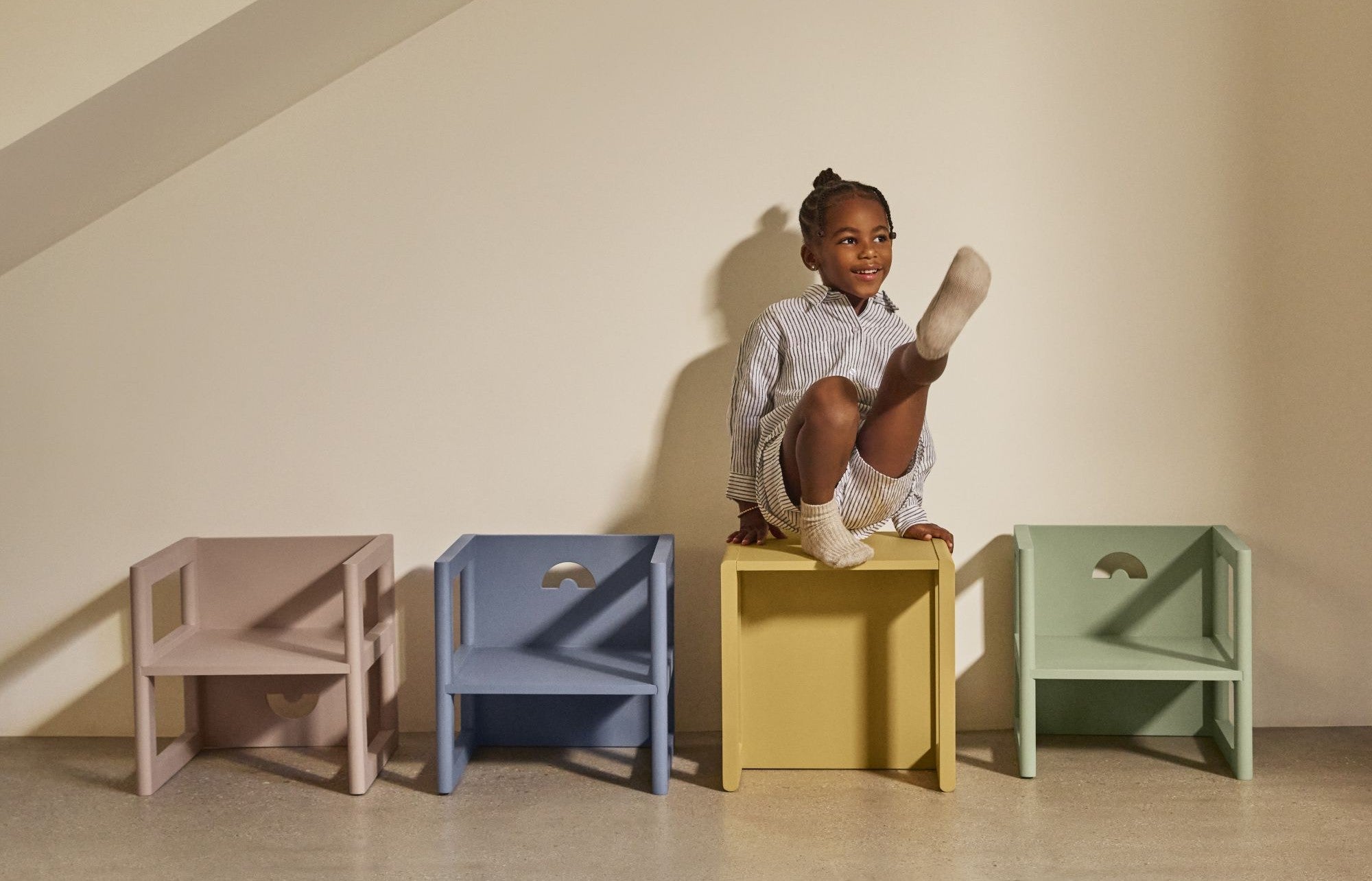
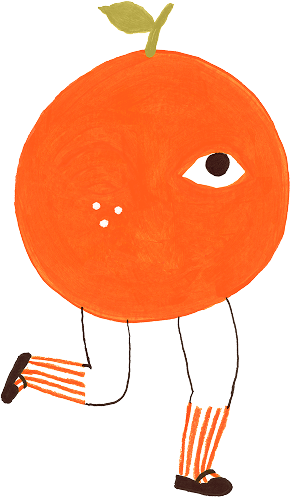
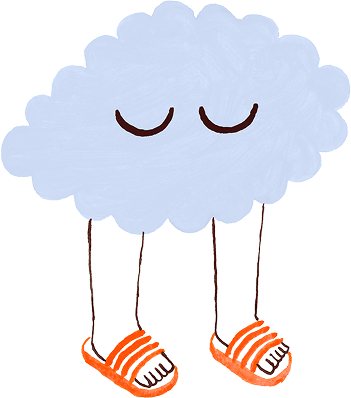
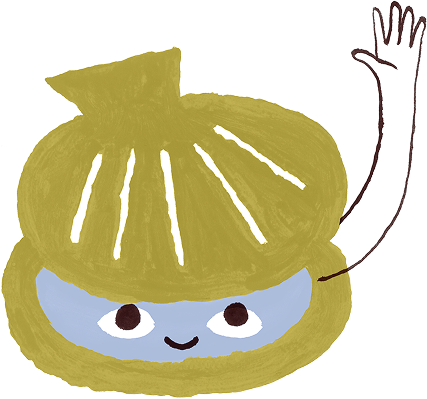
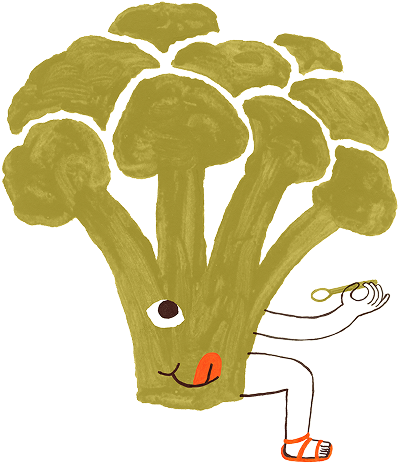
Leave a comment
This site is protected by hCaptcha and the hCaptcha Privacy Policy and Terms of Service apply.